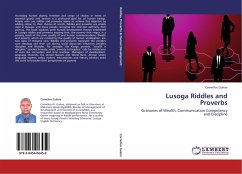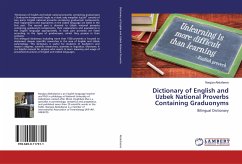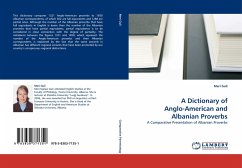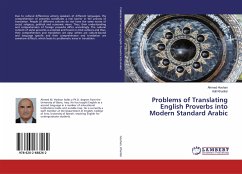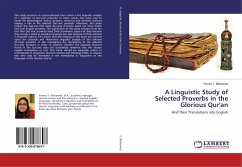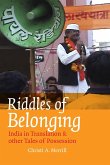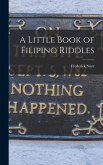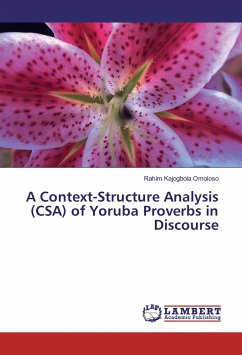Increasing human dignity, freedom and range of choices in terms of essential goods and services is a profound goal for all human beings. People who use riddles and proverbs aspire to achieve this objective by adding colour to their choices of words. Riddles and proverbs are widely used in Busoga, and many people recognise the time-test authority they portray. This book explores some human development themes embedded in Lusoga riddles and proverbs arguing that, the poverty that reigns, is a primary result of the poor quality of oral human communications. Wealth and poverty, which are created by the quality of human socialization, are two sides of thesame coin. Riddles and proverbs represent the people's core ideology and their use during social discourses influences people's discipline and lifestyles. For example, the Kisoga proverb, wealth is discipline teaches honesty; while poverty is discipline calls for intolerance of vices like corruption and time wastage. Managers of development, language theorists, the United Nations and World Bank, African Union language experts, policy makers, educationists and literary scholars need this work to broaden their perspectives on poverty.
Bitte wählen Sie Ihr Anliegen aus.
Rechnungen
Retourenschein anfordern
Bestellstatus
Storno

